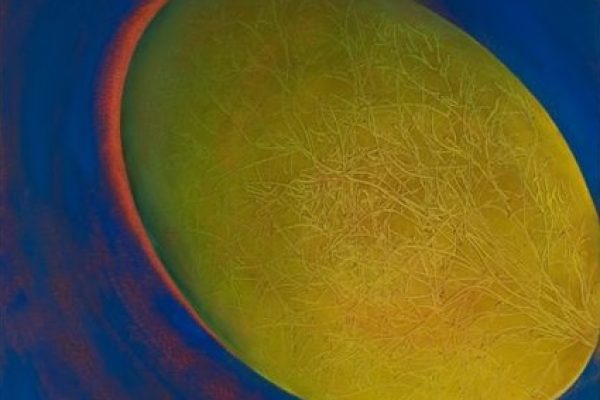El Malei Rekhemim – God Full of Wombs.
Shekhinah, Makor Hayyim – Divine Presence, Source of Life.
I come before You as did my ancestresses:
Sarah, who laughed bitterly and said, “Ha’af umnam eyeleid – Shall I, in truth, bear a child?”
Rivka, who cried out in pain, “Lamah zeh anokhi – why do I even exist?”
Rachel, who said to Jacob, “Haveh li banim v’im metah anokhi – give me children or I shall die!”
Hannah, who prayed fervently in her heart, the tears flowing from her eyes, “Im ra’oh tire’eh be’ani amatekha, u’zekhartani – Adonai Tzeva’ot, God/dess of Hosts, if You will look upon the suffering of your handmaid, if you will remember me, and grant me a son, I will dedicate him to you all the days of his life!”
Please, hear me now. Please hear us now.
I want so deeply to hold a child in my arms.
You who made the miraculous openings and closings of the body, who, in Your wisdom, shaped human beings just so, please tend now to my body and help me to bring forth new life, in your image, after your likeness. You who created all life, be a partner to me, in bringing a new life into this world.
I know that this journey is one that can be long, one that I may never see fulfilled in the way that I have always imagined. But I ask You to be with me along this journey, to spread over me the comfort of Your wings, the shelter of Your peace and protection. Help me [and my partner] to face whatever comes our way with strength, compassion and wholeness. May we be able to meet each step on this journey with courage and hope.
Berukhah at Shekhinah, rofah kol basar, u’mafliah la’asot.
Blessed are You, Divine Presence, Healer of All Flesh and Maker of Miracles.











